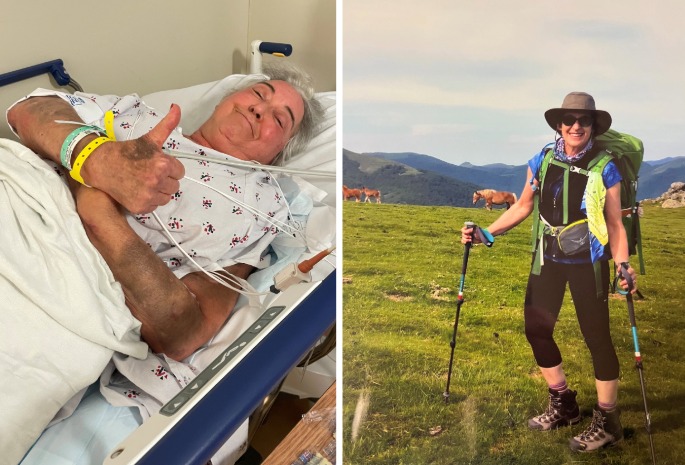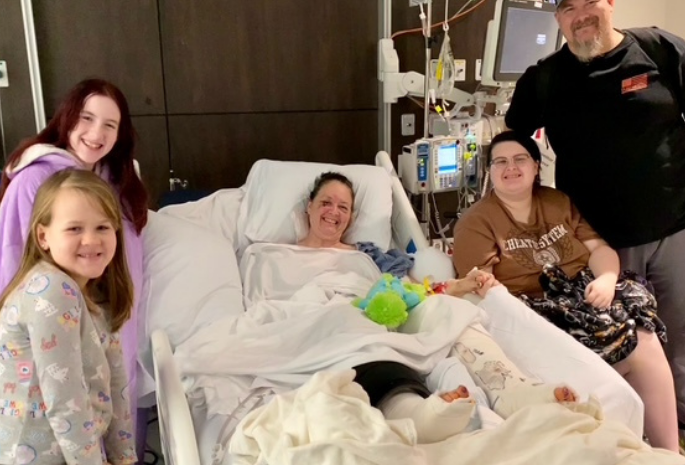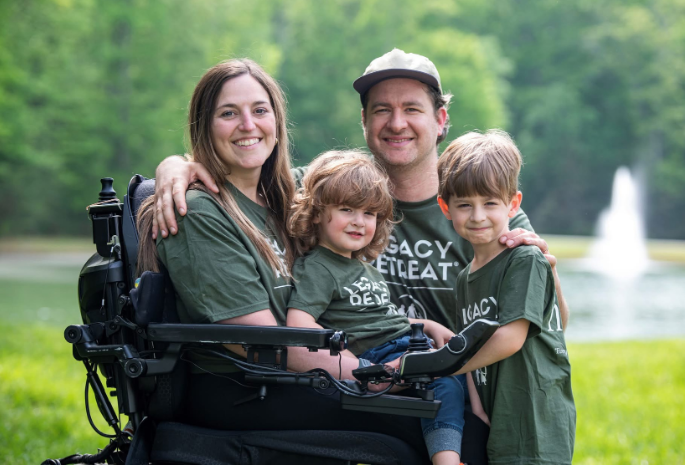Millions of people in the U.S. get a concussion each year.
Whether you're raising active kids, a sports fan or participating in athletics yourself, chances are you've encountered — or will encounter — a concussion at some point. These brain injuries can affect anyone, from weekend warriors to professional athletes.
Concussions symptoms can be worrying and confusing, fading in days or lingering for weeks or months. Concussions can sideline elite athletes, keep kids home from school and make everyday tasks like driving or using a computer difficult. Meanwhile, it’s easy to wonder if you are doing enough to heal.
The good news? Concussion care is evolving. We spoke with Morgan Heinzelmann-Weisbaum, MD, a sports neurologist at Emory Healthcare who specializes in concussion care. Her interest in this field of medicine is personal. When she was a student athlete in college, she suffered a concussion that forced her to withdraw for a semester. The experience shaped her decision to become a sports neurologist.
Dr. Heinzelmann-Weisbaum answered our common questions around concussion — from recognizing symptoms to concussion care myths.




